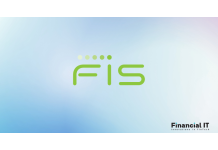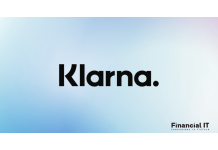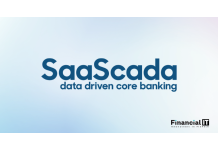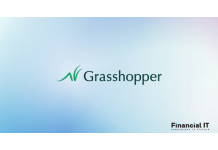Checkout.com Research Signals First AI Christmas, With...
- 11.12.2025 10:15 am
Banks Must Educate As They Innovate: Over A Third Of...
- 11.12.2025 09:45 am
CommBank Launches National AI, Cybersecurity And...
- 08.12.2025 01:45 pm
Klarna Launches Global ‘AI for Climate Resilience...
- 08.12.2025 01:40 pm
Scottish Widows Partners with Adclear to Bring AI to...
- 04.12.2025 12:20 pm
LSEG Announces New Collaboration with OpenAI
- 04.12.2025 10:15 am
SmartStream Introduces Agentic AI ‘Smart Agents’ for...
- 04.12.2025 09:45 am
Visa Survey Finds AI and Crypto Poised to Transform U....
- 03.12.2025 08:15 am
SaaScada’s 2026 Fintech Predictions: Barriers to AI,...
- 01.12.2025 02:55 pm
87% of UK Business Leaders Expect Responsible AI to...
- 26.11.2025 09:35 am
Checkout Adopts ACP, Backed by OpenAI, to Power...
- 25.11.2025 11:15 am
Grasshopper and Narmi Expand Access to Generative AI...
- 24.11.2025 10:05 am






















